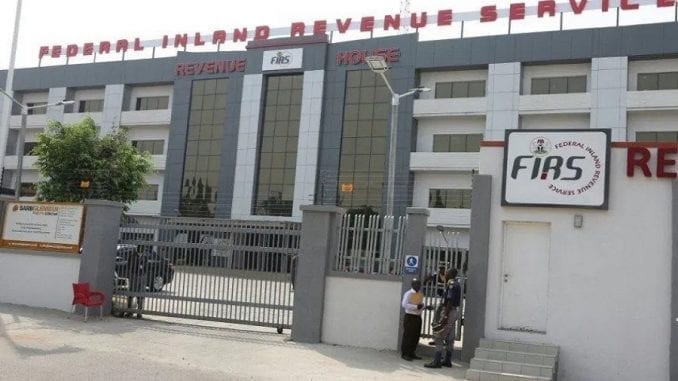FIRS resumes collection of income tax on bonds, short-term securities

The Federal Inland Revenue Service (FIRS) has disclosed that it will start collecting taxes on income derived by companies from bonds and short-term securities.
A bond is a fixed-income instrument (loan) made by an investor to a borrower (typically corporate or government).
In 2012, the federal government had exempted bonds and short-term government securities from income tax for 10 years.
With the expiration, FIRS said companies will now pay taxes on profits from loans given to their government from January 2, 2022.
The new directive, contained in a circular released by FIRS mandates businesses to pay income tax on the profit earned from bonds and short-term government securities, exempting income tax on bonds issued by the federal government.
It listed short term government securities to include treasury bills and promissory notes; bonds issued by state and local governments and their agencies; and bonds issued by corporate bodies and supra-national.
“The taxpaying public is hereby invited to note that income tax applies to income derived by companies from bonds and short-term securities effective from 2nd of January, 2022, except for bonds issued by the federal government,” the circular reads.
The circular further directed FIRS agents to make deductions on interest and other payments made to any company on income from bonds and other securities.
He urged Nigerians to obey the law by complying with the new directive.
“Taxpayers are, therefore, expected to comply with the law by including such income in the self-assessment returns and tax computation of companies and paying appropriate taxes,” he said.
Meanwhile, Taiwo Oyedele, fiscal policy partner and Africa tax leader at PwC, said the new development would raise the cost of borrowing for issuers.
Analysing the document, Oyedele said that WHT at 10 percent would be applicable as an advance payment against companies income tax (CIT) of 30 percent in addition to Education Tax of 2 percent for resident companies, while WHT at 10 percent or 7.5 percent will be the final tax for non-resident investors.
“This will raise the cost of borrowing for issuers,” Oyedele said.
“You may need to track the income on various securities and segregate taxable from exempt income for tax purposes. Any expense incurred in generating taxable income will be tax-deductible.”
He urged Nigerians to take necessary steps to ensure compliance and tax optimisation.
While some experts like Oyedele try to prepare the public for the deductions, the development was a hard pill to swallow for some others.
Expressing his view, Kalu Aja, a financial expert, said a big reason for investing in municipal bonds (local government bonds) is that it is tax-free.
Aja questioned the rationale behind taxing loans made to the government by its citizens.
“How can a government borrow from me and tax me because I lend (sic) cash to the government? Why are federal loans tax-free, but state loans are not? Is Nigeria not the Federal Republic?” he tweeted.
The post FIRS resumes collection of income tax on bonds, short-term securities appeared first on NEWS.